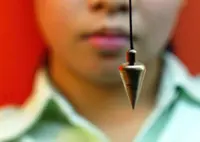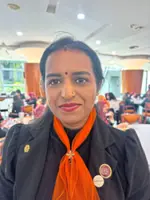Jumaroh bt Rokasim, 50, a shop assistant at a kedai runcit (sundry store) in Petaling Jaya, believes that while it’s natural to be afraid, Malaysians mustn’t let the fear of the pandemic paralyse them.
Life goes on despite the pandemic and conditional movement control order (MCO) for the determined mother of three.





